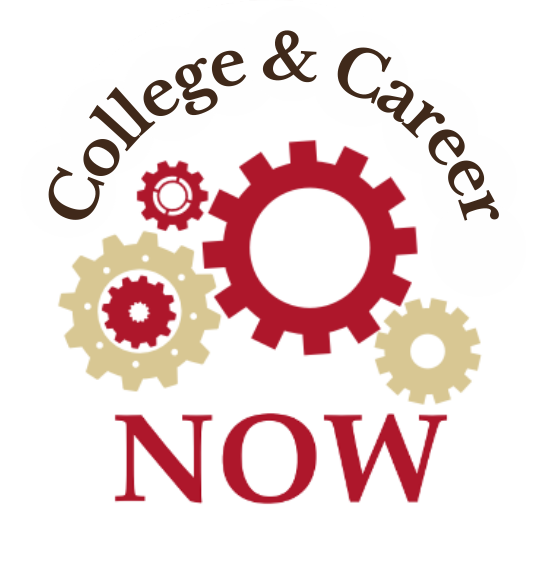
What Students Need Now
Kimberly Redmer
School Counselor & Teacher at Flint Southwestern Classical Academy
Our children are falling behind in their academic career to the extent that they will not graduate in four years of high school. Students do not attend class every day, do not turn in assignments, and are not always honest with their parents and teachers. It can be seen as an exacerbation of the inequities in our education system and this trend needs to be addressed and curbed before a successful post-secondary career can begin.
Students and parents need to know what life is like outside of their world. It has been a challenge because many of our older students have taken on responsibilities in their home. We have students that have secured employment that often requires them to work during the school day. Other students have become the primary caregiver for their younger siblings in order for the elementary children to be successful in online school while the parents are working. We need to provide opportunities for parents and students to visit areas outside of our city in order to develop a sense of building a life on their own.
Students need to be made aware of academic requirements of certain careers. As a secondary school counselor in an urban district in Michigan, I try to reach students on a daily basis to be sure they stay on track to graduate. I am confronted with a schedule conflict, internet access issues, faulty equipment issues, and basic connectivity issues. We continue to “forgive” these issues and do not hold the students accountable. Our direct contact hours for class only allows 30 minutes for the teacher to help the student. This does not take into account the time it takes for students to access the class and greet their classmates and teacher. In order to pursue a college education and eventually a career, students need to be accountable for their own progress.
Students/parents need to know what is available as far as funding. Our students are afforded many opportunities to pay for a college education. We need to meet parents and families where they are at – neighborhood churches, parks, or schools – so they can hear about college costs, the income potential of college graduates, and the scholarships available. In urban areas parents are focused on survival and don’t always have the opportunity to look to the future. Anything that comes with extra effort is not always attainable because of sheer lack of strength and time. Parents need to know what can be achieved without causing them extra work so they can help encourage their children to strive to be successful.
One of the things that this Covid-19 pandemic has brought to light is the fact that we are not all equal. That is especially obvious when we look at our high school students. We don’t all receive information the same way, we don’t process information the same way, we have different family obligations, we have different priorities all because we are different. We need to acknowledge these differences and address them so that our students can achieve their full potential. “It takes a village” and we all must be active participants.

